Reducing pain. Bone recovery. Anti-inflammatory. Side effects. Costs and insurance. Summary. Red light therapy involves exposing the body to low-wavelength red light. The therapy aims to solve.. What does red light therapy actually do? Red light therapy exposes the skin to low levels of red or near-infrared light energy, Dr. Mary Stevenson, a dermatologist and skin cancer surgeon at NYU.

How to treat bites, bruises and stings with Red Light Therapy Lifespan Dynamics

How to Use Red Light Therapy for Cellulite Reduction YouTube
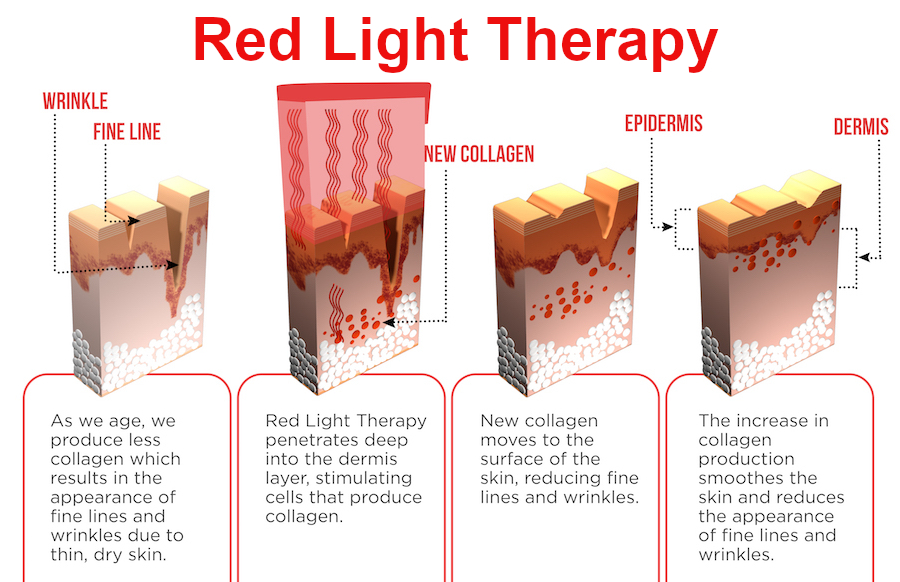
Red Light Therapy Tanning Salon Spray Tan teeth whitening smile studio
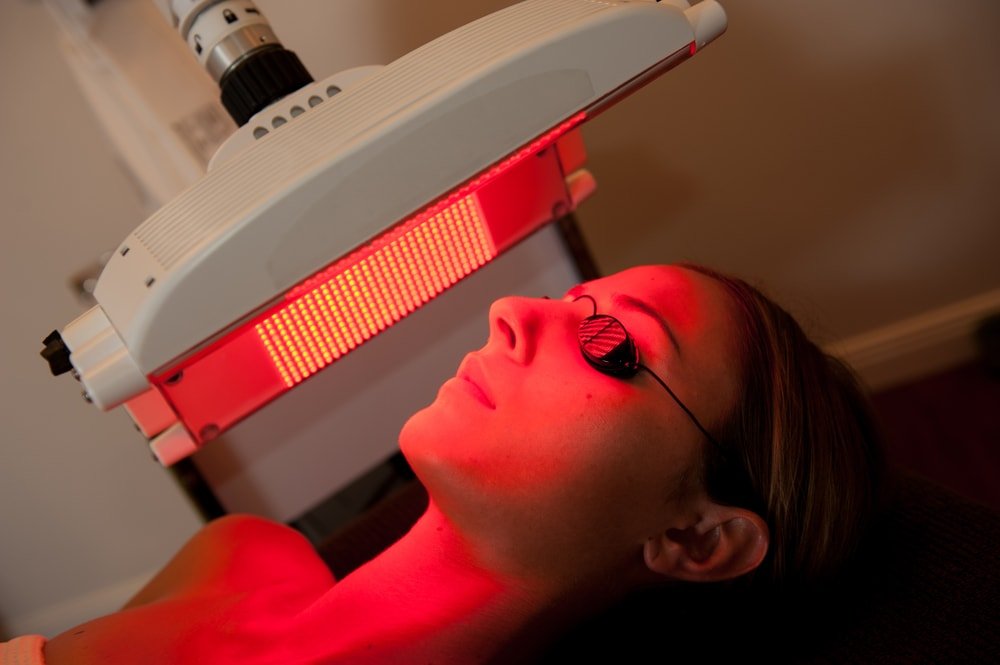
7 Health Benefits of Red Light Therapy Vaunte

Using Red Light Therapy To Boost Testosterone Levels by John Iovine Medium

Red Light Therapy for Acne Scars Does It Really Work?

Have You Tried Red Light Therapy? Red light therapy benefits, Red light therapy, Light therapy
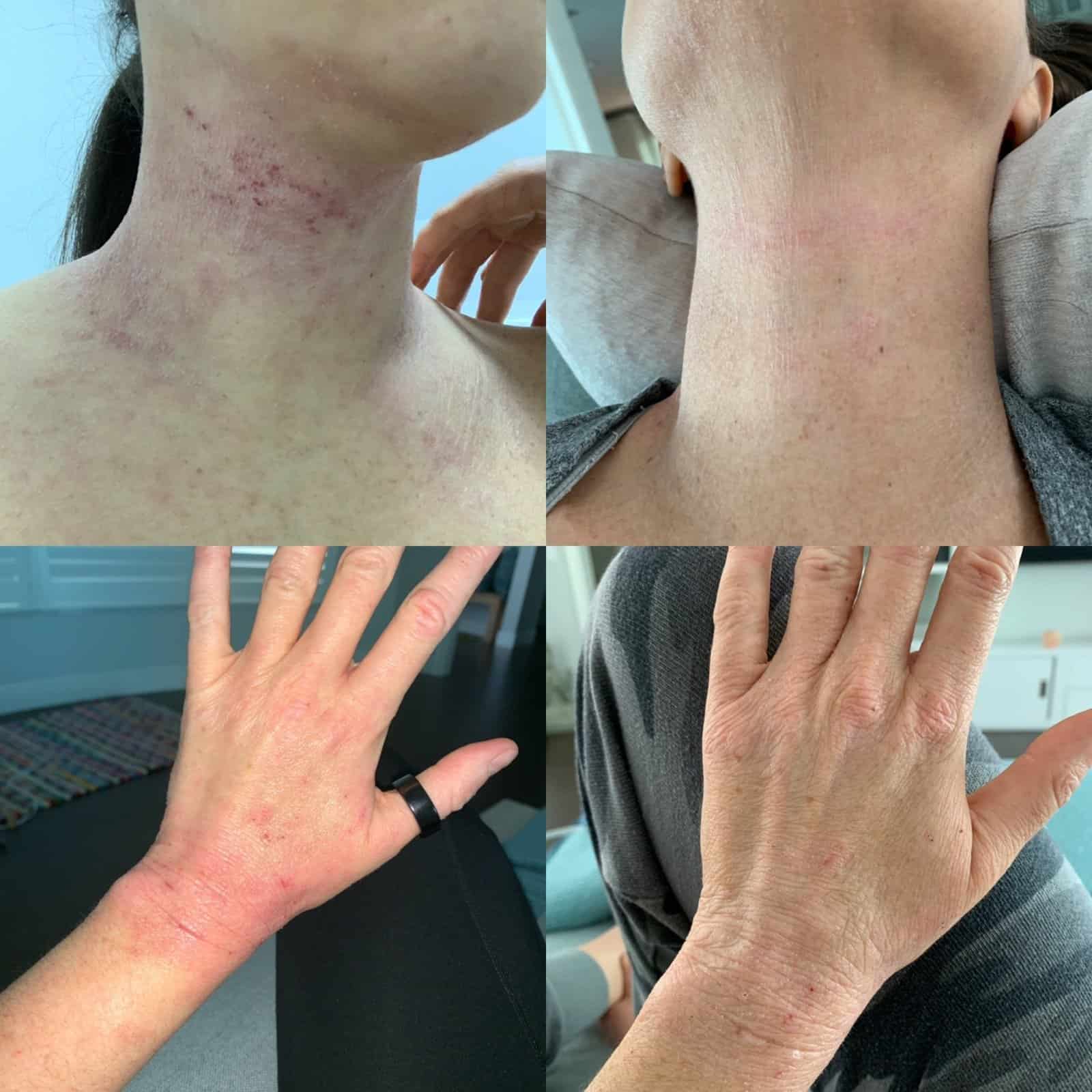
Benefits of Red Light Therapy Physical Evidence Chiropractic

How Does Red Light Therapy Actually Work? Red light therapy, Light therapy, Therapy
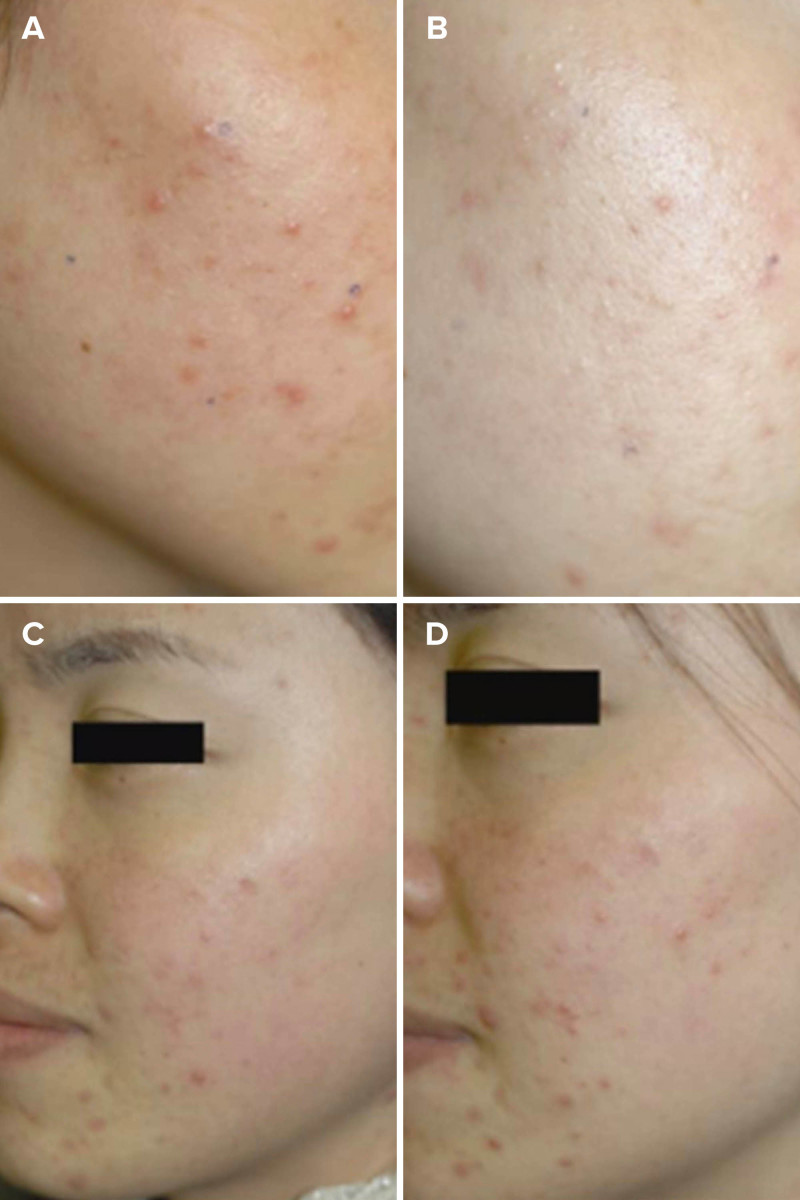
Is The Red Light Therapy Before And After

Infrared Therapy Vs LED 18 Differences and Comparisons Infrared for Health Light therapy

Red Light Therapy Improve Skin, Energy & Sleep Red light therapy, Light

Definitive Guide to Red Light Therapy and Benefits

Red Light Therapy Benefits Why You MUST Use it!

Who We Help HealthLight

Does Led Light Therapy Help Psoriasis valenchino
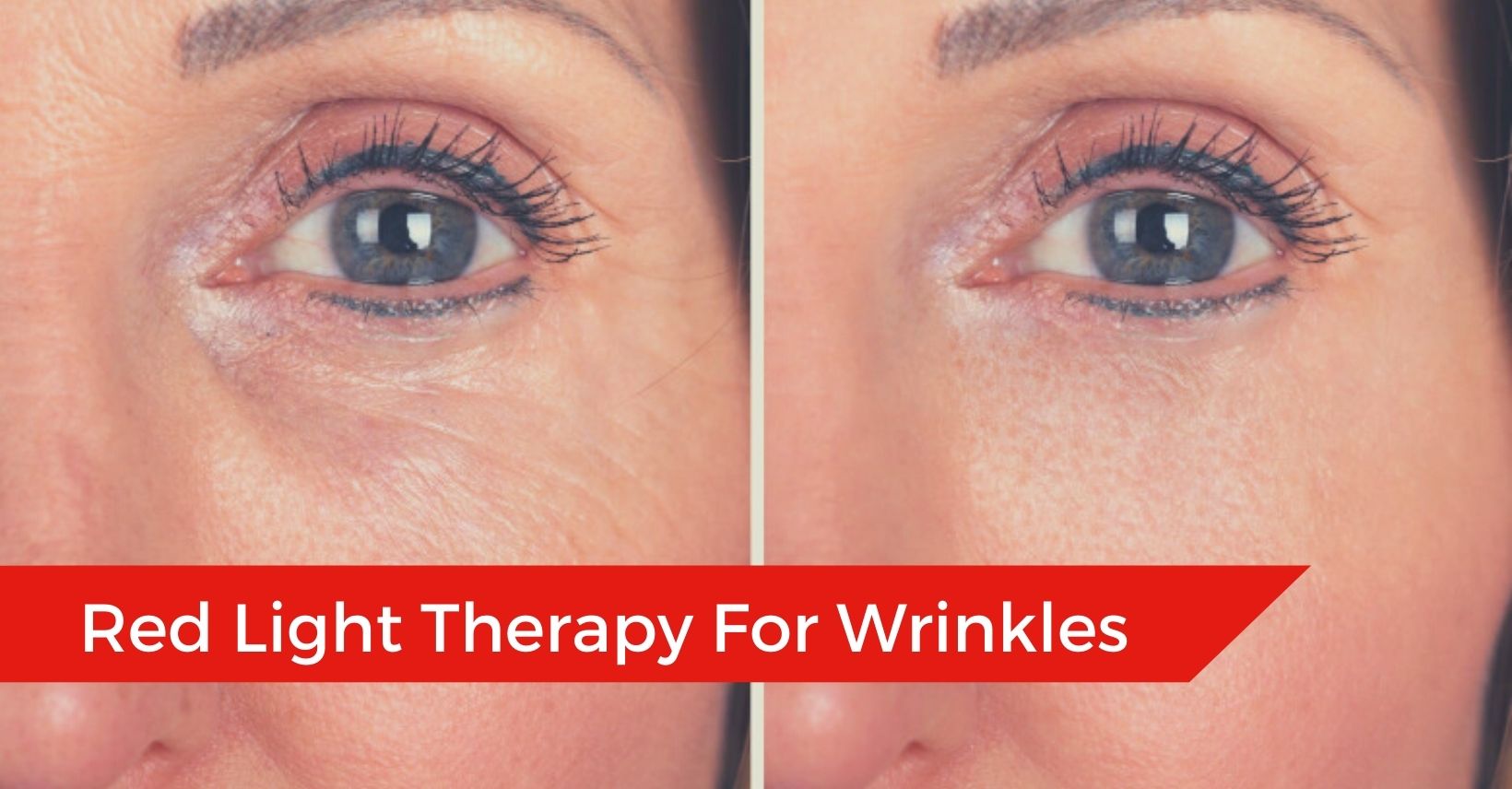
Red Light Therapy For Wrinkles The Best Way To Reverse Skin Aging? Therapeutic Beams

Red Light Therapy Before and After SolaWave Red light therapy, Light therapy, Facial treatment
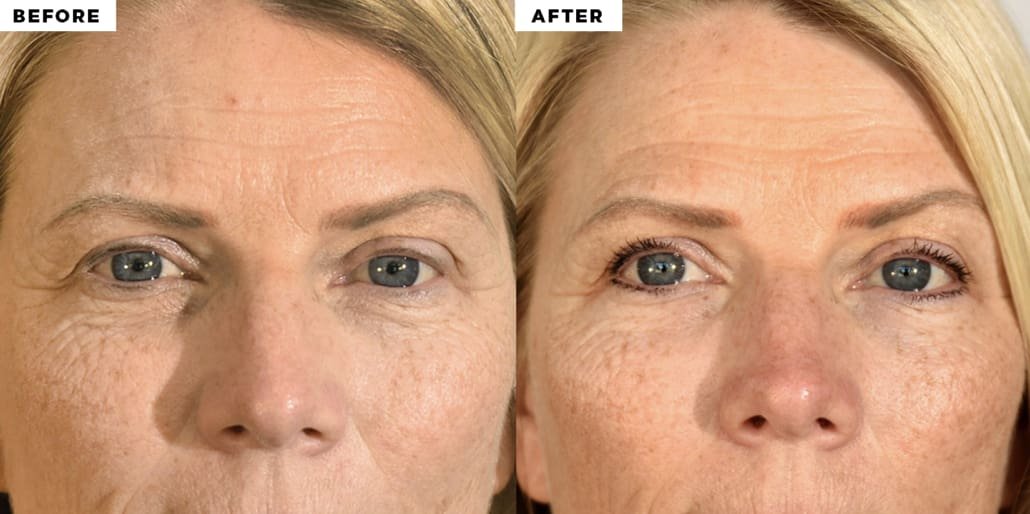
RED LIGHT THERAPY The Spa at Personal Choice

Does Red Light Therapy Help Treat Bruises?
5. Helps Heal Wounds. "The healing benefits come from its ability to reduce inflammation," says Dr. Saedi. Again, because red light stimulates your skin cells' mitochondria to produce ATP, or.. Red light therapy, a technique involving the application of red or near-infrared light to injured areas, shows the potential to speed up the healing of bruises, based on preliminary studies. However, the current evidence supporting its effectiveness is still limited, with more comprehensive research needed.